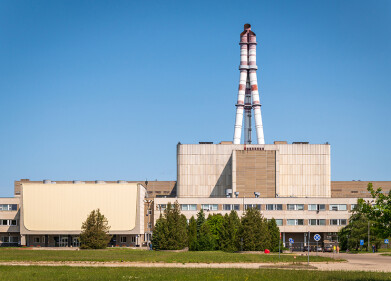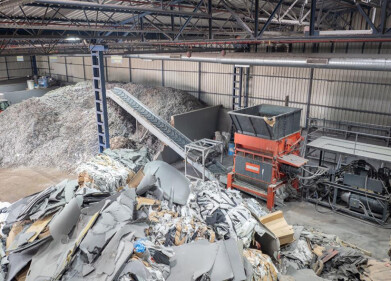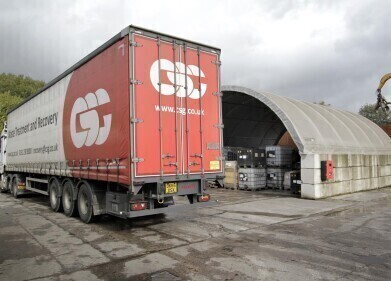Hazardous waste
German Government Agrees to Ban Fracking
Jul 27 2016
The German government has brought to a close years of controversy after outlawing the practice of hydraulic fracturing, better known as fracking, within its national borders. The decision had been placed on a five-year hiatus after campaigns from major oil companies, but a recent signal of intent from the companies involved to push through their plans was blocked with the passing of the law.
The legislation does not apply to traditional methods of oil and gas extraction, which will be determined on a state-by-state basis.
The fracas surrounding fracking
Fracking is a relatively new method of extracting reserves of shale oil and gas that are stored far below the Earth’s surface. It functions via the injection of water, air, sand and a cocktail of chemicals, which act to unsettle the shale reserves, thus allowing them to be pumped to the surface.
However, worries have been raised around the globe that the chemicals used in the process could be leaked into the surrounding earth, thus potentially contaminating water supplies. In fact, it was confirmed two years ago that several US states had suffered water pollution as a direct result of fracking.
Aside from the risks of making potable water dangerous, fracking has also been linked to an exacerbation of local air pollution and greater levels of soil pollution. Moreover, there have also been suggestions in America (where it is widely practiced) that it has increased the likelihood and frequency of earthquakes and other seismic activity.
As such, fracking has been met with a great deal of protest in Germany and abroad. Only now has the government finally put an end to the speculation surrounding its legality by confirming it will become an illicit practice throughout the nation.
Certainty after years of confusion
The practice was initially put under the microscope in 2011, when the government was close to enacting a ban upon it at the time. However, heavy pressure from groups with vested interests in the technique (such as Exxon Mobil and Wintershall) led to the government agreeing to a five-year moratorium on fracking.
Fast forward five years and those very same oil companies have become fed up with the lack of activity. Although fracking was discussed in April 2015 and plans were drawn up to address its legality, the project was shelved due to heated disagreement between political parties. In the wake of this inertia, the oil firms had announced they would proceeding with plans to mine Germany’s oil and gas reserves using the procedure.
In response, Angela Merkel’s coalition government rushed through an agreement to ban fracking, with only a few scientific projects likely to be given the green light in the country.
Meanwhile, the Green Party have seen the legislation as not far-reaching enough and have accused the government of trying to usher in inadequate laws while Europe is distracted by Brexit. Whether or not the law is comprehensive enough is unclear; what is clear is that fracking will not become a fixture of German energy generation policy.
Events
Mar 18 2025 Expo Santa Fe, Mexico
Mar 18 2025 Moscow, Russia
Mar 19 2025 Manila, Philippines
Mar 20 2025 Guangzhou, China
Mar 24 2025 National Harbour, MD, USA














